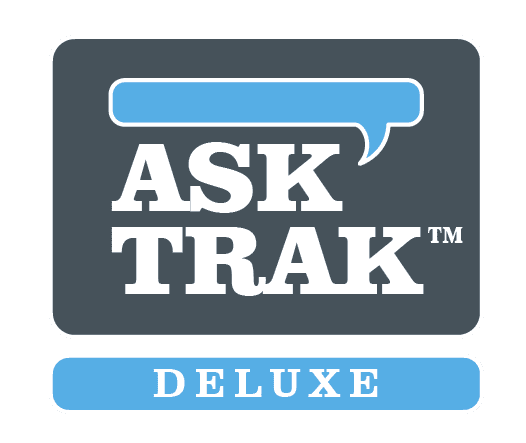Yesterday, the Department of Labor announced a 60-day delay for the implementation of the fiduciary rule. This decision moves the implementation date from April 10 to June 9. While this is only a delay and not a repeal of the rule, the delay was the give the DOL time to comply with President Trump’s executive order to re-examine the rule and determine whether it would restrict investors’ options or lead to an increase in litigation. It may mean that the rule itself, after review, will be scrapped.
Regardless of how you feel about the rule itself and regardless of whether it is actually implemented or not, the process has raised public awareness about the issues. Many firms that had begun implementing changes to comply with the rule, such as Merrill Lynch, have indicated that they will continue to move forward with the changes. For many firms, this makes sense from a financial perspective as they have already spent millions on organizational changes to comply but in a broader way they are also accepting a new reality of needing to respond to consumers who may desire a “fiduciary” standard.
I’m not writing to get bogged down in politics, especially as a business owner! The fact is, I know great advisors on both sides of the argument who have always sought to act in their client’s “best interest”. I am writing to answer a question we have gotten from our users and from potential customers. That question is, how does The Retirement Analysis Kit (TRAK) retirement planning software help me work in the best interests of my clients? In short, TRAK builds client trust through education. Let me unpack that a little.
Our word “fiduciary” that, at least recently, has mainly been applied to the financial services industry, does not have so narrow a definition or origin. According to Merriam-Webster Dictionary, fiduciary comes from the fiduciarius which is derived from fiducia (confidence) and fidere (trust). (These are the same root words of “fidelity” does that one ring a bell??) As Merriam-Webster explains “Fiduciary relationships often concern money, but the word fiduciary does not, in and of itself, suggest financial matters. Rather, fiduciary applies to any situation in which one person justifiably places confidence and trust in someone else and seeks that person’s help or advice in some matter.”
So, at least in a literal sense, acting as a fiduciary means acting in a way that inspires confidence and builds trust that the advisor is working in the best interest of the client. At Retire Ready Solutions, we believe that providing simple, transparent retirement education is a key way to build trust. Our company philosophy reflects this value. In fact, the DOL rule makes clear that investment education does not always constitute advice. So how does TRAK help you educate your clients and build their trust?
- All the data and assumptions in TRAK, whether provided by the client or calculated by the software, are clearly stated. Your clients can see all the data and assumptions used to create the retirement analysis.
- TRAK allows you to include all of your client’s assets and accounts including retirement plans, pensions, Social Security, investment accounts, and nearly any possible asset or income. Your clients will know that, to the extent that they have disclosed the information, all that information is included.
- Non-specific. TRAK is not linked to any particular product or company but allows the client and advisor to consider any and all available possibilities.
- Simple yet Complete. Many other software programs on the market do good analysis but produce reports that are so detailed that clients may have difficulty understanding them (maybe some advisors too!). On the other end, some programs are too simple and simply don’t ask enough questions or allow enough configuration to create a reliable analysis. Not only is TRAK’s analysis comprehensive, but the reports are also easy to understand and include many visuals that will help your client really connect with the information you are presenting. When clients can actually understand the reports, they will feel more confident in the planning process and the identified solutions.
- Despite your best efforts and intentions, sometimes clients are unhappy with the results and may seek to blame the advisor. TRAK’s “paper trail” feature allows you to document the planning process including what you illustrated and why the client chose to move forward in a particular direction.
These features combine to create a program and a process that is geared towards education. When an advisor focuses on education, they allow the client to engage in the process and help them to clearly understand their situation as well as the options they are being presented. Education liberates the client from uncertainly. They will have a clear understanding of the plan and also a clear sense that the advisor has been transparent. This builds trust and strengthens the fiduciary relationship between the advisor and client. This trust empowers and motivates clients to engage in the process and to take action to improve their chances at a successful retirement.
We are proud of TRAK and of the fact that for over 30 years, advisors have been using the software to successfully educate and help their clients. TRAK can be a key tool for providing transparent, comprehensive, and understandable retirement analysis which will create a relationship built on trust and confidence.



